In ‘Amanyanabo: The Eagle King,’ a historical epic set in 1892 Niger Delta, King Ibanichuka battles colonial threats and internal betrayal to protect Okrika’s sovereignty. Produced by Ibinabo Fiberesima and directed by Fred Amata, this cinematic work of art, a couple of years after completion, is scheduled for premiere in London, Manchester, and Birmingham on August 29, 2025, with a Nigerian release soon in cinemas nationwide. Fiberesima spoke to Ferdinand Ekechukwu about the movie, which is a powerful celebration of a legacy of pride and resilience, and more. Excerpts:
Amanyanabo: The Eagle King is most anticipated, can you tell us about it and how relevant is it to its people, history?
Amanyanabo – The Eagle King is an epic drama based on a real character, a king of Okrika, Ibanichuka, Ado the VI, Amanyanabo of Okrika. He was one of the great monarchs of Okrika who reigned over an era of prosperity, sterling diplomacy, astute trade relations and security. Ibanichuka is fondly referred to as the overlord of Okrika and the last of Okrikas grand potentates. The movie is a fitting tribute to his reign, which was characterised by a lot of events that outline some of his conquests, alliances, and even a civil war. He weathers these storms while trying to unite a people already divided by the incursion of a foreign religion and finding a solution to colonial encroachment led by a sadistic British consul.
What’s it about the story that pulled you to it and what is the essence of bringing this historic epic at this time?
First of all, the story is inspired by a book written by Dr. Alfred S. Abam, Ado the IX, Amanyanabo of Okrika. A lot of people rightly haven’t heard about Ibanichuka. I dare say a lot of Ijaws, especially the present generation who aren’t in touch with their roots have not. Personally, I grew up reading about the great Bini monarch, Oba Ovonramwen Nogbaisi in a play written by the legendary Ola Rotimi. I read about the flamboyant Jaja Jubogha of Opobo and Nana Olomu of Itsekiri. But there were other leaders too, who reigned around the time. King Ibanichuka was one of them. I was awed to discover about his exploits and challenges even in his household. I was pulled to the story because Africa has a lot of Ibanichukas whose stories have never been told. The Niger-Delta and even Nigeria as a whole has come to the point where it is necessary to look back in order to move forward. We have a proud history of honest, strong, and wise leaders who inspired our people through tough times. We need to remember who we are as a people and return back to our principles.
The story has been retold through oral and written media. What difference does it make through the medium of film?
Film is about entertainment, and whoever pays to watch a film wants to be entertained. This singular fact was not lost on me. Indeed, even if you have a sermon, it is prudent to enshroud it in an entertaining form or you lose the largest part of your audience. Amanyanabo The Eagle King has been packaged with every ingredient one can imagine. There is action, drama, comedy, tragedy and factual reality bordering on history. It is something you will want to pay money to watch and that is the difference.
You produced and also featured in the movie. Can you share some of the choices and factors you considered before taking up the production reins?
To tell you the truth, when the script was written, the first factor I considered was its achievability with regard to funding. But you see, even with all the funds being bandied about, it is a very tedious and almost impossible feat to source funds for production, and a lot of practitioners can bear me witness. The industry is in large parts self-sustained, albeit inadequately. I had to source funds by meeting old friends and liquidating assets. I had the choice to water the script down, but I also have a mission to challenge the very best in Hollywood just as some of my colleagues are doing presently. I want to continue shifting the paradigm, to aim for the best. The technology to shoot any movie of one’s imagination is here with us, including the personnel to make it happen. I mean look at a movie like Avatar: The Way of Water. So why are we not achieving same? Funding gets you the best from scriptwriters all the way to post-production and marketing. My goal is to compete so I considered the best hands to work with. Acclaimed filmmaker, Izu Ojukwu was my Production Consultant along with Zeb Ejiro and the movie was directed by Fred Amata. I also had to assemble trusted hands as cast and crew and the result was more than I had imagined.
What role did you play in the movie?
I played Tamunoba, the goddess, a very minimal but impactful role in the movie as you will see. It was by choice. As a producer, I knew I would have my hands full on the project and I didn’t want to compromise my films quality because of ample screen time. I believe I’m already accomplished for that. I’m not looking for fame.
Speak to us about the cast of this production, which appears to be mostly old hands; any newbies?
Like I stated earlier, I needed trusted hands first and foremost. The dialogue of the movie was not the run-of-the-mill, and no actor was permitted to improvise my lines, which is a quietly celebrated norm on a lot of Nollywood sets. I required experience and those who had discipline for the craft. I did try to get one or two newbies, but they had conflicting schedules. However, I had some budding actors on set who under my strict observation as Casting Director were fit to play the roles allotted to them, including Oluwatunmise Emmanuel Akinbo, the son of costume expert, Millicent Jack and Izuchukwu Ezeokoli. I left no room for errors as a lot was invested in this. The knowledge, respect and discipline for your craft are key factors. Nkem Owoh, Monalisa Chinda Coker, Walter Anga etal turned in dramatic monologues for my audition and when contracted were never late to my set. They never disrespected the cast or crew and were always standing by. I had two PhD holders in the persons of Columbus Irosanga and Ovunda Ihunwo who comported themselves and even helped the younger actors. Gentle Jack shuttled Delta and Okrika to ensure he delivered the script in precise words. That’s discipline and professionalism.
What do you make of the African stories being told, looking at some of the Nollywood films that have been churned out in recent times?
Nollywood is trying its bit in the aspect of telling real African stories, but more can be done. A lot still gets lost based on budget available. There are a lot of inconsistencies with the depiction of our culture on screen, and this is because, unlike our foreign counterparts, most of our filmmakers work without consultants. For my film, we had a culture consultant. ‘Abeg, I didn’t want wahala’ with my people, so I ensured I stayed within the border of acceptable plausibility. I find some of our epic movies funny especially the depiction of royalty which seems like a pale imitation of the British monarchy, or comically copied excerpts from the fictitious Zamunda of Coming to America. No offence but some of those productions cannot be classified as true African stories. There’s a thin line in trying to balance fact and fiction, but we need to be more cautious so we do not lose the basic ingredients that make up our identity in the telling of our stories.
What’s the major influence in your career as an actor?
The major influence on my career is the passion to tell stories. To tell stories, you sometimes need to play a character. It’s a form of escapism. I love that part of it all, when I have to drop the person Ibinabo Fiberesima and assume the persona of another character, either lovable or terrible. I cherish the honour to play someone else and in that regard make a positive impact on people’s lives.



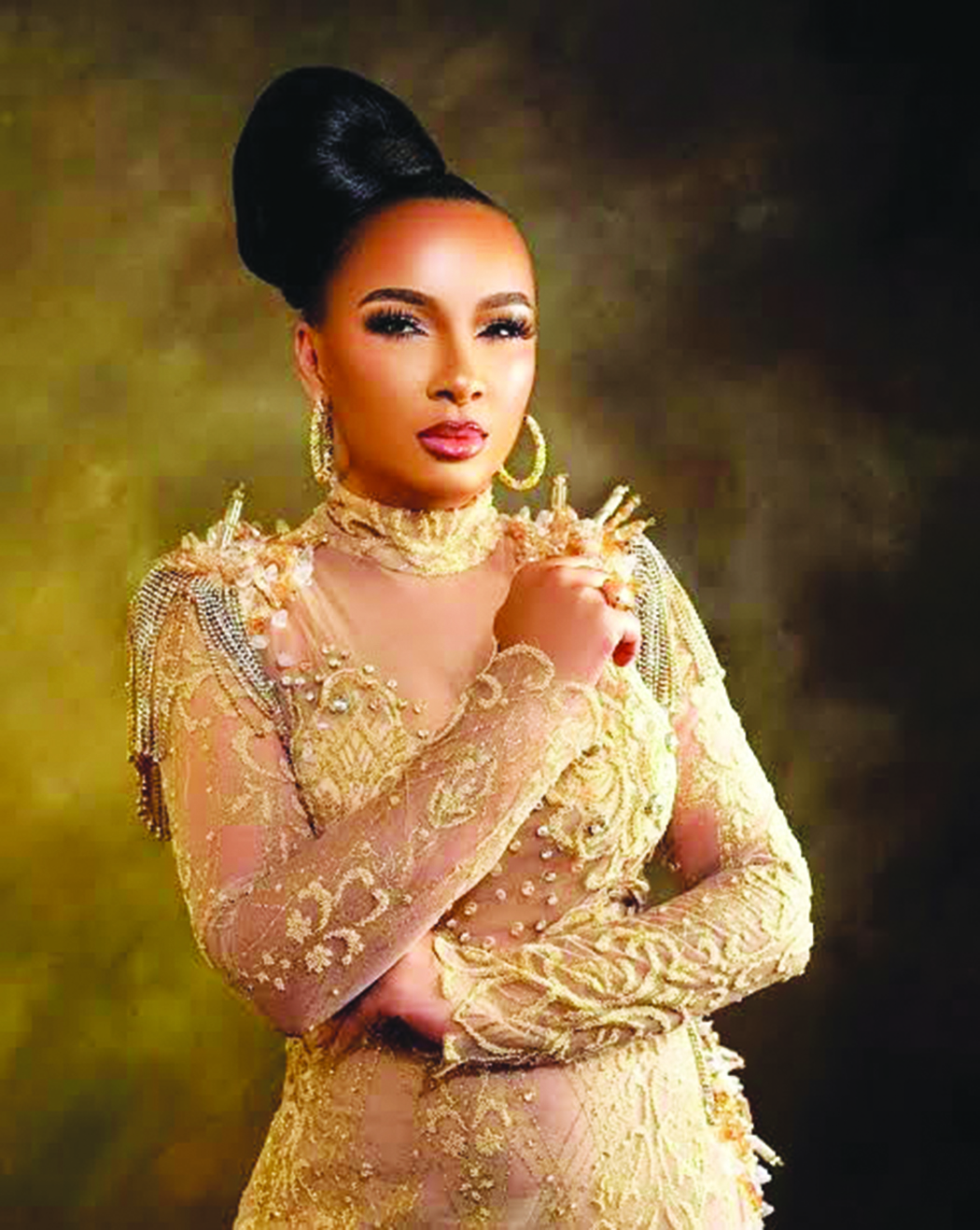
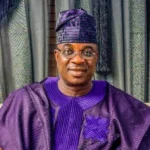

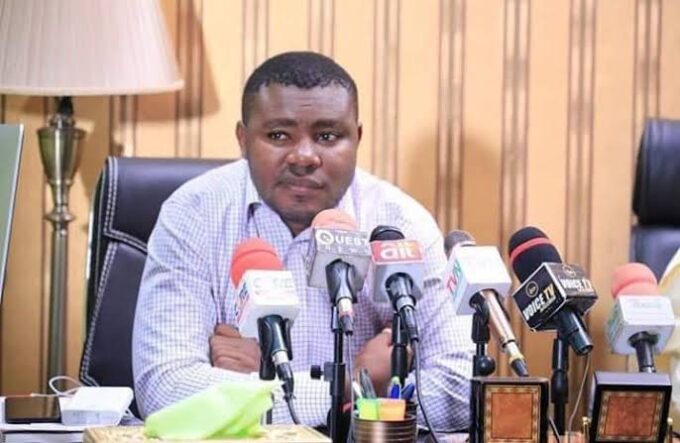

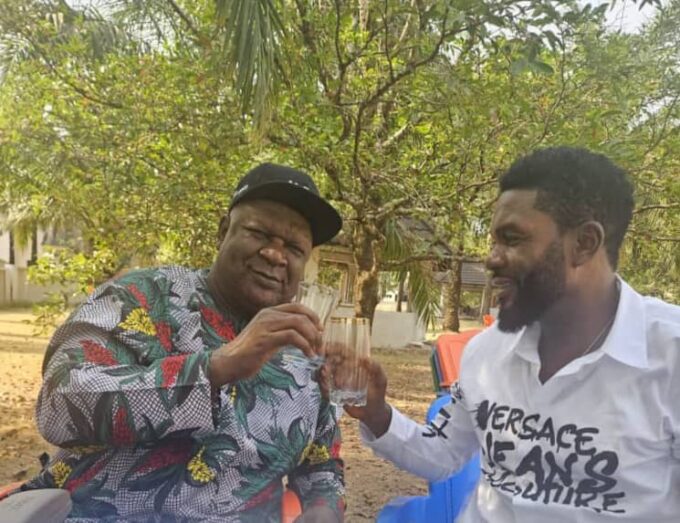
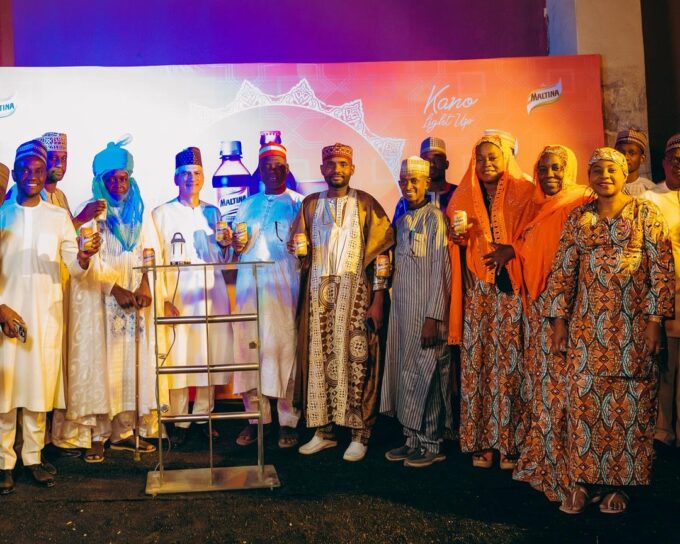



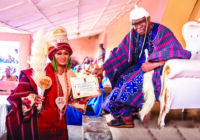
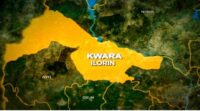
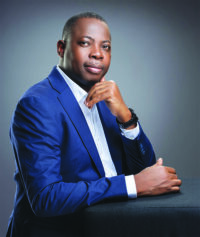
Leave a comment